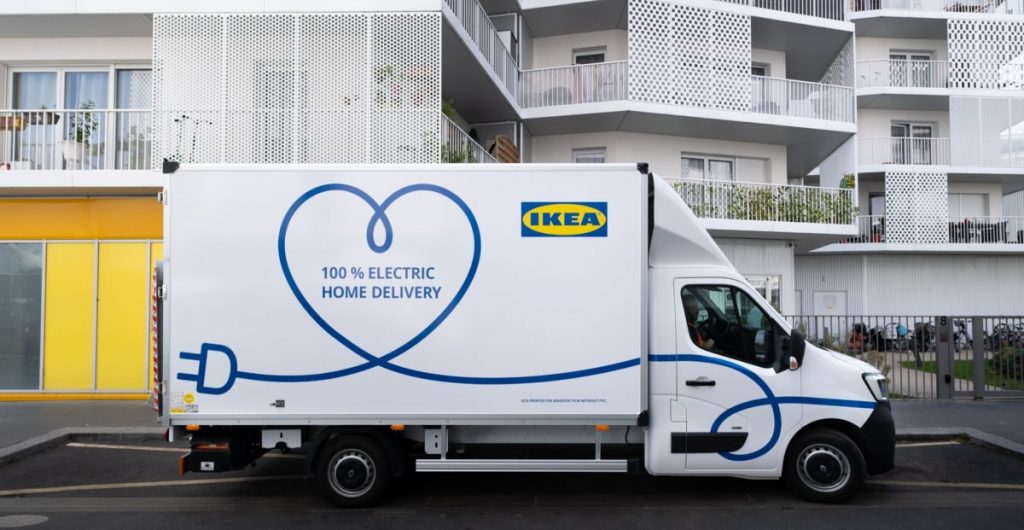The shift to decarbonise the truck industry is forcing automakers to reconsider how they approach emissions reduction and move away from internal combustion engines (ICEs) toward electric vehicles (EVs). Current legislation and infrastructural support favour biofuels, with the ability to refuel using pressurised liquids and gases already leading to greater reinvestment. Fuel cell and battery electric powertrains are long-term priorities, but remain expensive and difficult to develop.
 |
A 2021 McKinsey study suggests that some manufacturers are waiting to develop electrified alternatives, hesitant to invest heavily when prices remain high. The study points out, however, that as more investment continues from conventional and start-up manufacturers, EV development costs will drop more rapidly, producing a snowball effect where all truck makers begin developing EVs and fuel cell alternatives. With some conventional manufacturers still touting ICE refinement and start-ups pushing for EV development, which way are fleets going? For big brands, EVs are fast becoming a popular option. Ikea partnered with EV producer Fluid Trucks in 2021 to decarbonise its delivery service in the US, while supermarket brand Walmart recently partnered with BrightDrop for both last-mile and long haul trucks.

ZF represents how conventional suppliers are tackling decarbonisation in diversifying the technical support it provides to commercial markets. This has resulted in a convergence between its electric and ICE solutions, defined by the company’s smart trailer programme, combining EV powertrains in its trailers with ICE technology in truck cabs. This, in essence, is creating a hybrid conversion kit for any existing long-haul truck and a range extender for existing commercial EVs. US-based start-up Volta, however, has been able to selectively invest in EV technology thanks to its position as newcomer to the sector. It believes full and rapid conversion to electric powertrains across the sector are critical to decarbonise commercial fleets.
Subscribe to Automotive World to continue reading
Sign up now and gain unlimited access to our news, analysis, data, and research
Already a member?
